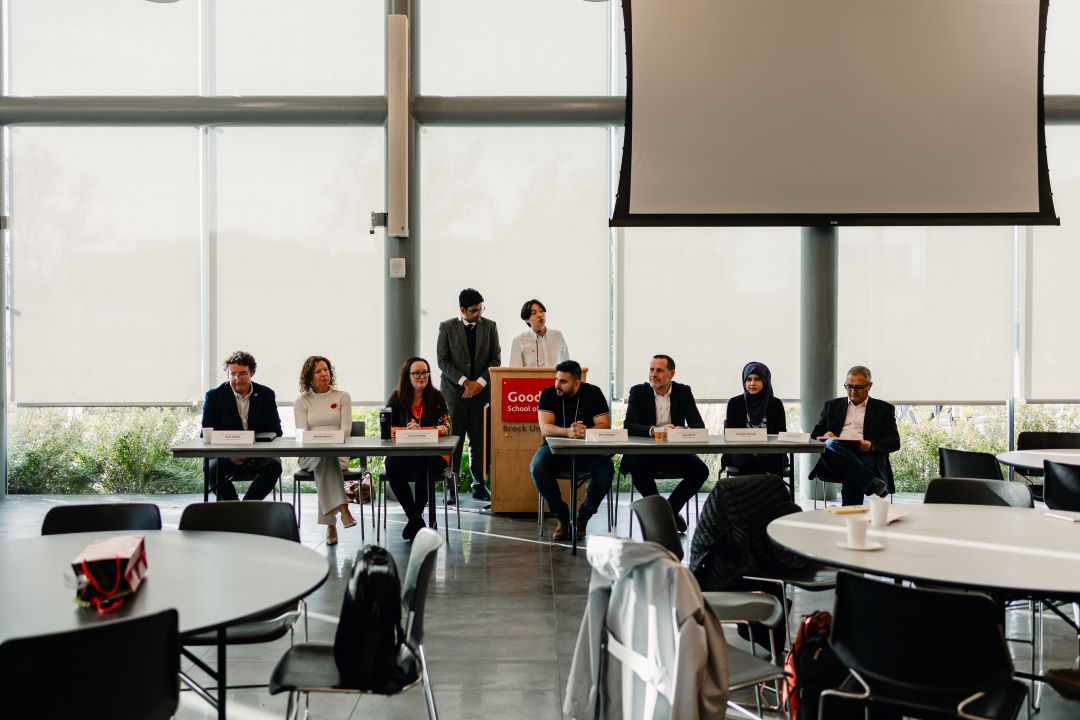The CPA Ontario Centre for Public Policy and Innovation in Accounting (CPA-CPPIA) is housed within the Goodman School of Business at Brock University. The centre studies the development and implications of public policy with the aim to influence policymaking and policy change.
The CPA-CPPIA works at advancing the accounting profession by bringing together academia, industry, government, public accounting and CPA Ontario members to develop and promote relevant and timely thought leadership.





